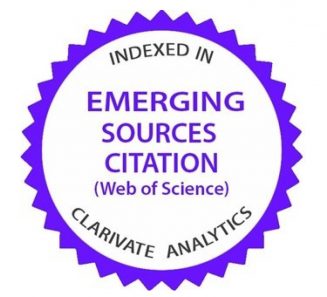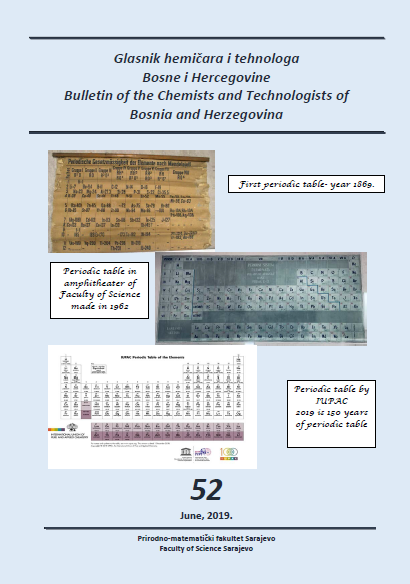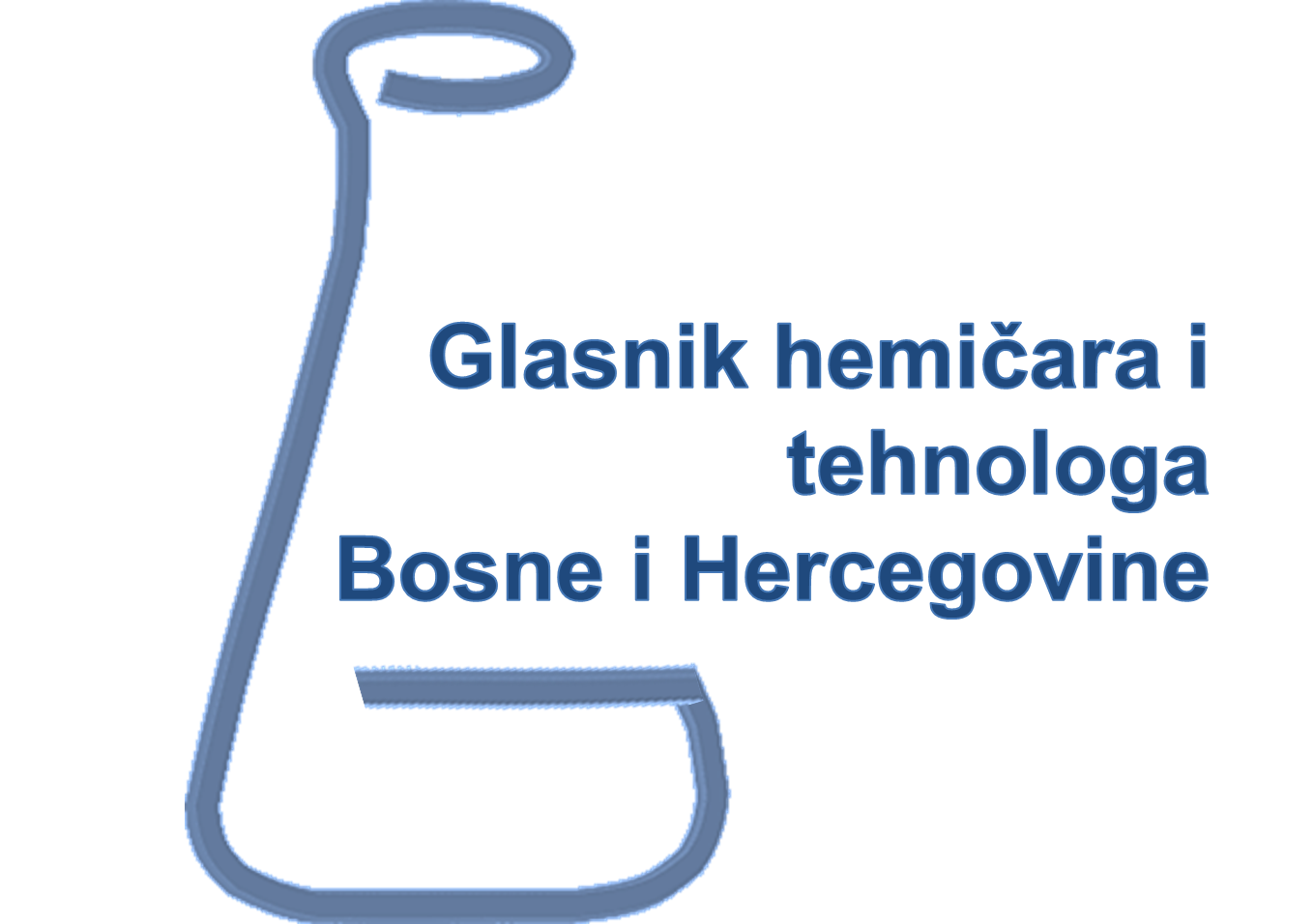|
|
Bulletin of the Chemists and Technologists of Bosnia and Herzegovina
Issue 52
Publication date: June 2019 |
Table of contents
Inhibition of Iron Corrosion in Seawater Using Rosemary Extracts (Rosmarinusofficinalis L.) Original Scientific Article
Abstract: Due to a growing awareness of environmental protection, an interest in replacing toxic corrosion inhibitors with more environmentally acceptable alternatives is also growing. Chromates, as one of the best inhibitors, have been eliminated as technically viable inhibitors because of their high toxicity, and the use of polyphosphates has diminished as they disrupt the balance in the Plantae kingdom. The emphasis is on exploration and testing of organic compounds that can be obtained from plant material. Rosemary extracts (leaf and flower) have been shown to have inhibitory activity on iron corrosion in 3% NaCl and seawater. Corrosion rate values show that rosemary flower extracts are better inhibitors of corrosion than the leaf extracts and that the maximum inhibitory protection has not been achieved in the range of tested concentrations.
Bulletin of the Chemists and Technologists of Bosnia and Herzegovina 52, 1-10.
Curcumin: Phytochemical Therapy in the Treatment of Hyperlipidemia Review
Abstract: In modern world, hyperlipidemia is the most common disorder mainly caused by lifestyle habits and the major cause of cardiovascular, coronary and atherosclerotic changes. Such disorder is characterized by abnormally elevated levels of any or all lipids or lipoproteins in the blood. A wide range of drugs are available for the treatment of hyperlipidemia, class of antihyperlipidemic drugs, but such drug-therapies are carried out with presence of various side effects. In the last decades, different in vitro and in vivo research have been conducted to confirm the therapeutic effects of various phytochemical agents that overcome the side effects caused by synthetic drugs. According to Ayurvedic recommendations and experimental studies, numerous phytochemical agents have been reported to possess different antihyperlipidemic properties. One of the most studied phytochemical agent - curcumin, herbal polyphenol and active ingredient which can be extracted from the powder rhizome of the plant Curcuma longa, has been reported to possess a wide range of pharmacological properties such as antimicrobial, antioxidative, antiinflammatory and anticancer property. Recent studies also suggests curcumin as potential lipid lowering candidate in treatment of hyperlipidemia. The aim of this review is to present and discuss phytochemistry, molecular mechanism of hypolipidemic activity of curcumin, demonstrating its importance as potential therapy for the treatment of hyperlipidemia.
Bulletin of the Chemists and Technologists of Bosnia and Herzegovina 52, 11-16.
Experimental and theoretical study of Aspartic acid Original Scientific Paper
Movre Šapić Iva, Vidak Andrej, Dananić Vladimir
Abstract: The aim of this research is to detect zwittterionic structure of the aspartic acid and confirm the experimental spectra with quantum chemical calculations. The experimental IR and Raman spectra of aspartic acid powder show no vibrational bands of OH and NH stretching in expected spectral region. We assume that zwitterionic structure of aspartic acid is responsible for lowering the frequencies of these vibrations. An extensive experimental and computational research supports this assumption. Our DFT calculation strongly suggests the need for the dielectric environment in order to stabilize the zwitterionic structure of a single molecule. The network of intermolecular hydrogen bonding between aspartic acid molecules provides this dielectric environment. The DFT quantum mechanical calculations corroborate this assumption by optimizing a four-member group of molecules, which also gives an explanation of broad IR spectrum lines.
Bulletin of the Chemists and Technologists of Bosnia and Herzegovina 52, 17-22.
Investigation of Inhibitory Effect of the Aloe Vera Extract on Corrosion of Aluminium Alloys Original Scientific Paper
Abstract: This paper considers the inhibition effect of Aloe Vera on the selected aluminium alloys in 10 % sulfuric acid and 3 % sodium chloride solutions at room temperature, using methods of potentiodynamic polarisation and cyclic voltammetry. The study involved as-cast and heat-treated 2xxx alloys, with the scanning speed of 1mV/s for linear polarisation and 50 mV/s for cyclic voltammetry. The various constant potential was applied for each tested alloy. Polarisation results indicate that the transpassivation occurs in an acid medium in case of each alloy. The obtained results indicate that Aloe vera extract acts as a cathodic inhibitor.
Bulletin of the Chemists and Technologists of Bosnia and Herzegovina 52, 23-32.





